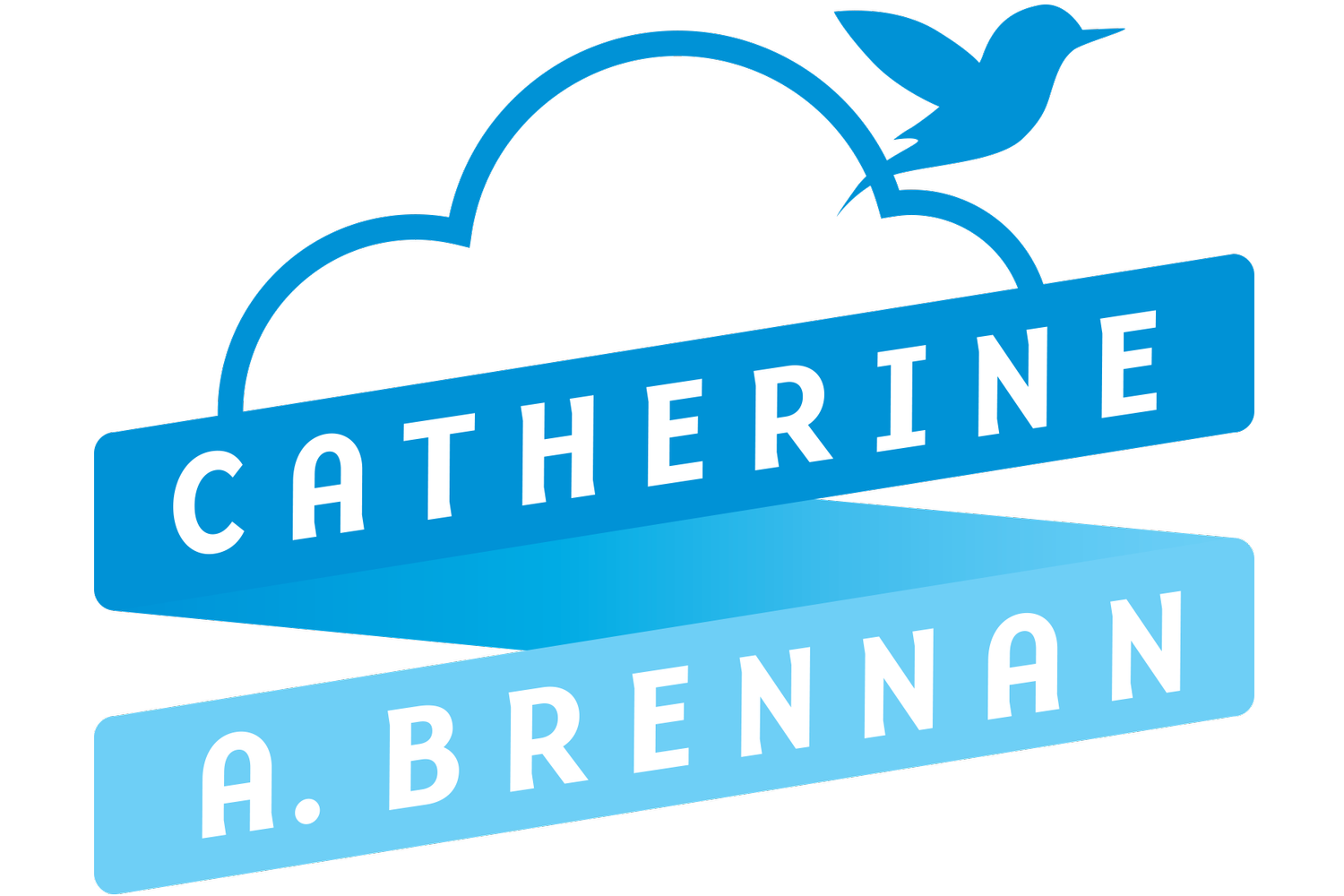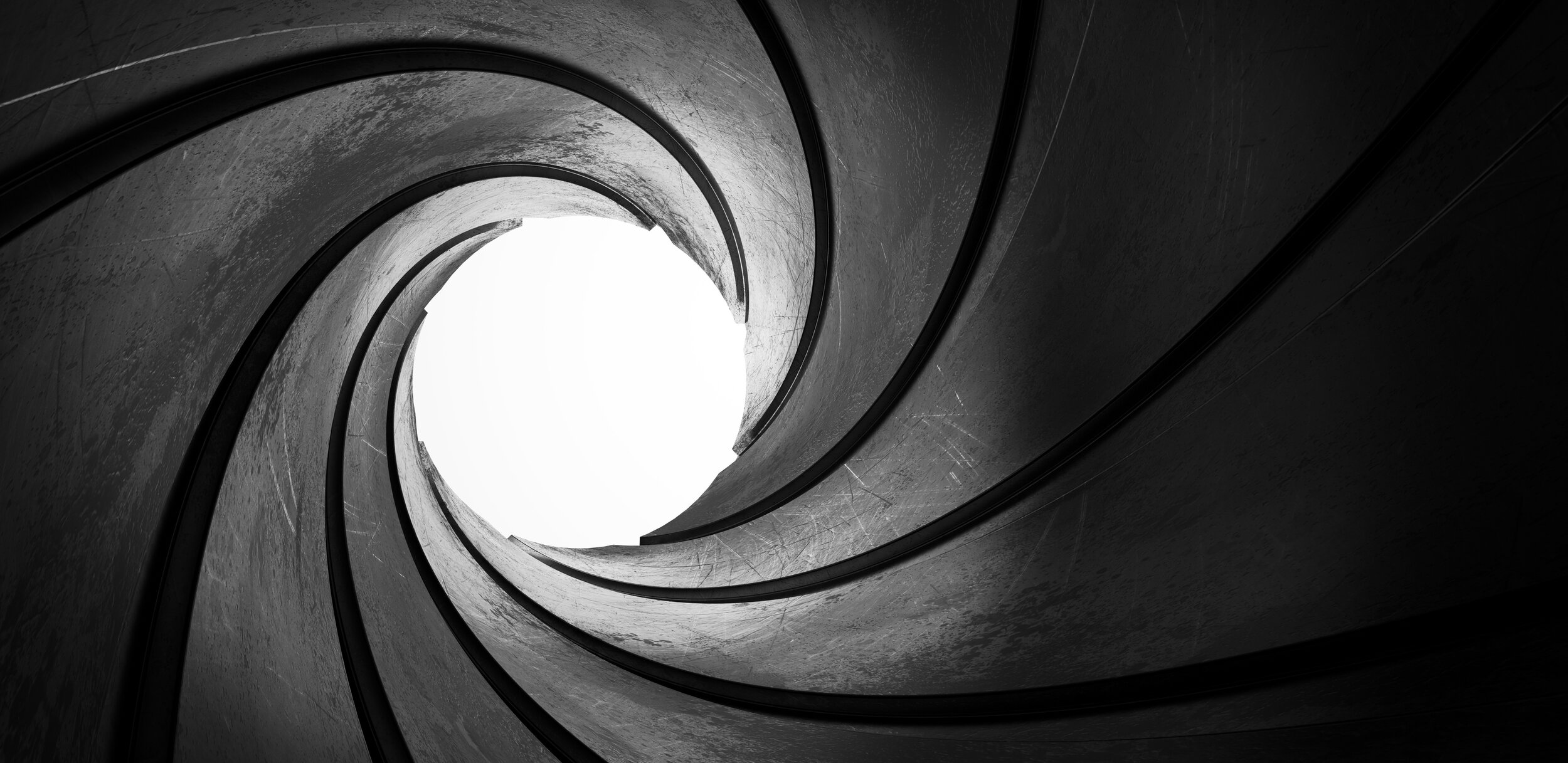In my twenties, I went to an art museum for the first time. I remember being happy to strolling through the gallery, feeling all grown up and sassy. There was a particularly large piece that captivated me. As I stared at the painting, suddenly a lion’s head appeared in the lower left corner. It had been right there the whole time, but I hadn’t seen it. The painting had lots of layers and all of it wasn’t obvious at first glance.
I’ll never forget it.
What is right in front of you, that you do not see?
Hidden
For years, I struggled with depression, but very few people knew it. I took great pains to hide my sadness and shame. Many of you hide things too. Emotional pain, lack of confidence, a low self-worth. You’re sure no one would understand or want to see it. But some people do want to see all the layers of who you are.
There were signs of my depression. I dropped out of circulation for months at a time, lost interest in many things, and spoke with a tired tone in my voice. Those who were observant could see beneath the layers. Some stared curiously. Others asked. It felt good when people cared enough to see who I really was.
We live in a world where our mental health seems hidden. People post happy pictures on social media (which I love to see!) but we assume they’re happy all the time. We limit ourselves to hanging out only with those we agree with so we aren’t challenged to accept other’s opinions and beliefs. Our mental health suffers because we don’t see all the layers.
People have at least as many layers as the painting I saw decades ago. If you stare long enough, you will begin to see what is not immediately noticeable.
Why don’t we see?
We don’t see because it takes effort. It takes conversation and questions. We rush through life, not taking the time to know others well. We limit our conversations to events instead of ideas. We have enough cares of our own and have little room for the cares of others.
Another reason we do not see is because of fear. We fear we’ll increase someone’s sorrow to talk about their recent loss, so we don’t bring up at all. We’re afraid of hurting someone’s feelings so we avoid telling them our truth. And we can be afraid of what we’ll hear if we ask a difficult question, so we avoid the subject all together.
But our mental health, or lack of it, is always with us. Avoiding it only keeps our layers hidden. We don’t see all that’s there. We miss the surprising beauty of others.
What Can Be Done?
We can have honest and authentic communication. If you care about someone, asking them how they are doing in light of their loss shows concern. They will feel supported and can let you know if they don’t want to talk about it. Assuming you know how another will feel if you tell your truth is mind-reading. That’s a skill many of us think we’re good at but have no ability at all. And having authentic conversations about difficult topics, is the only way to see who the other person truly is.
Honest and authentic communication is the way we can support one another’s mental health. It takes time and effort, but it is so worth it. Learning what others value, what they believe, and what motivates them gives you the chance to know them better. Even when you don’t agree, your mental health will be strengthened by understanding not everyone thinks the same way you do and accepting those differences.
What is right in front of you that you do not see?
People. Their fears and dreams, their strengths and weaknesses, their goals and aspirations.
Spend the time and effort to see more.




